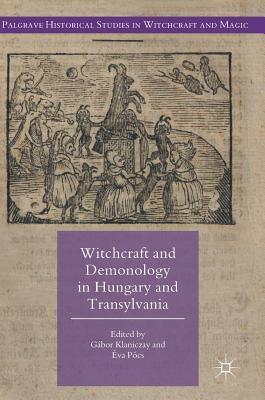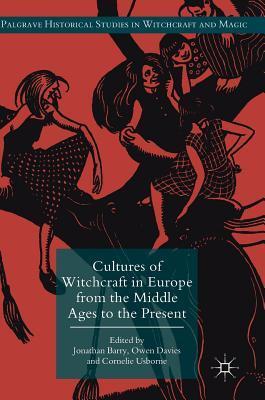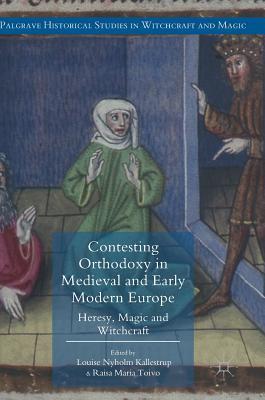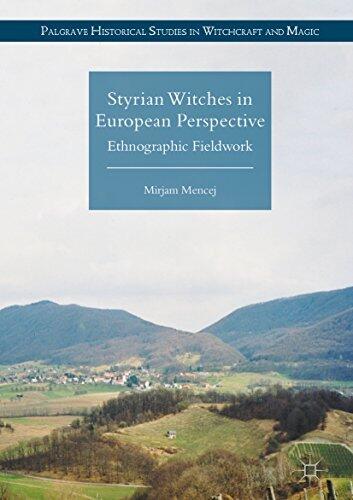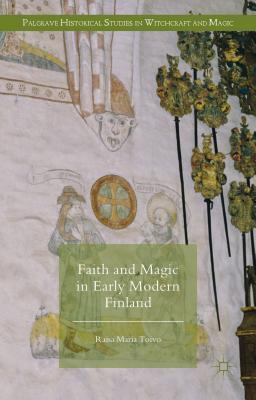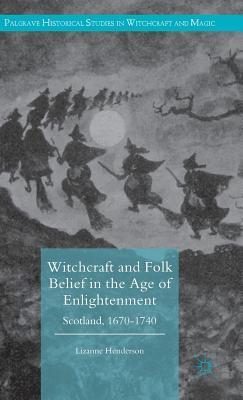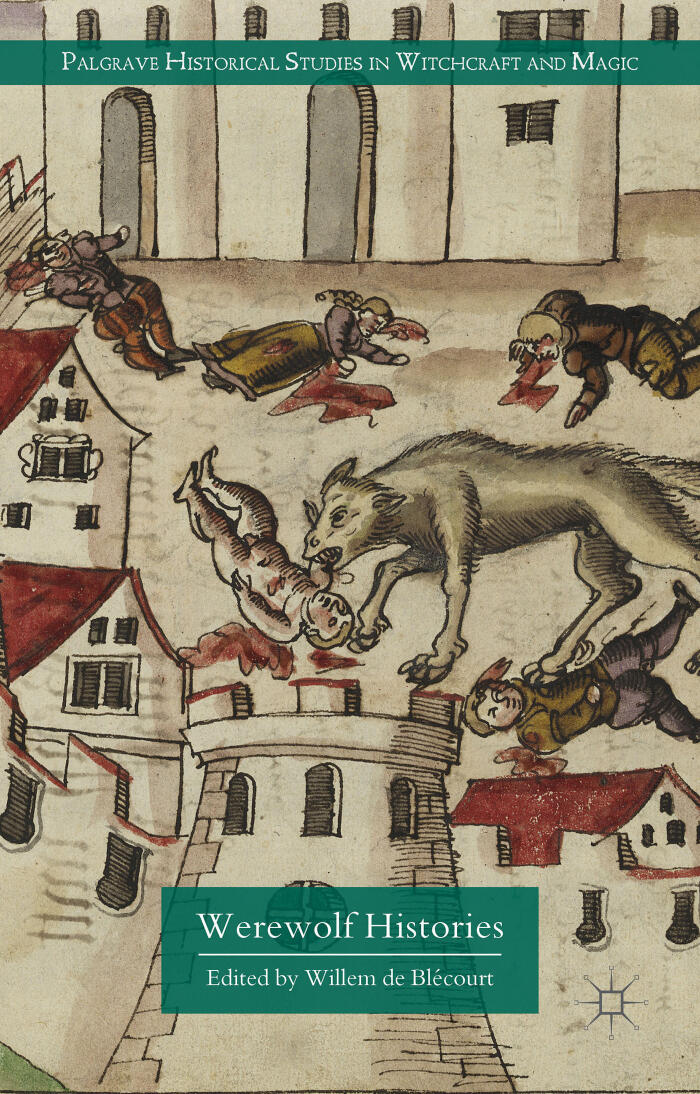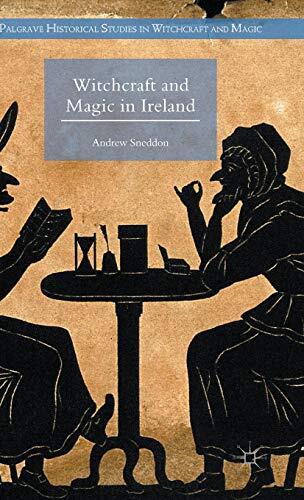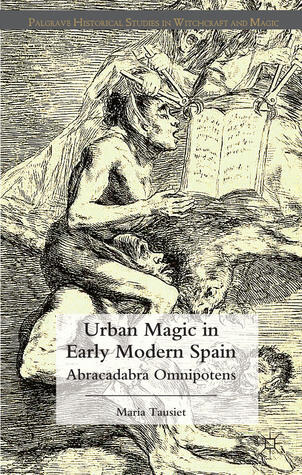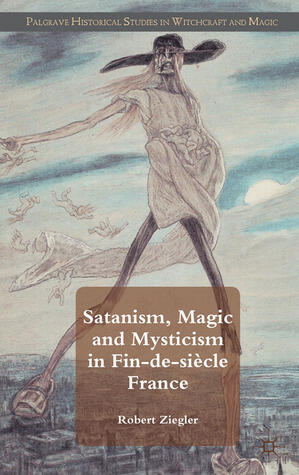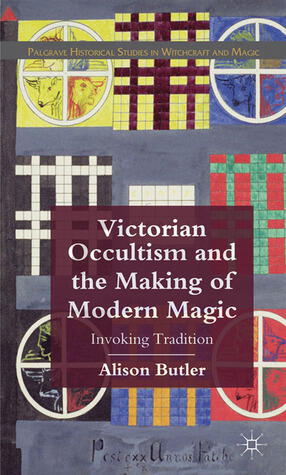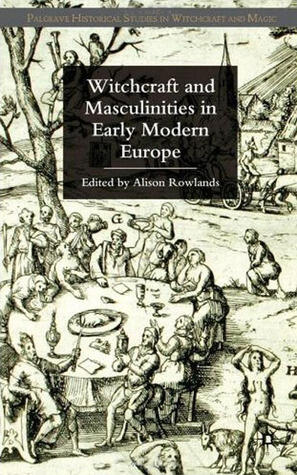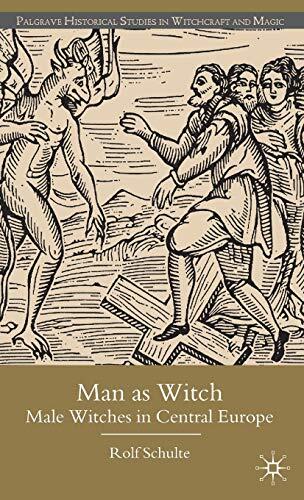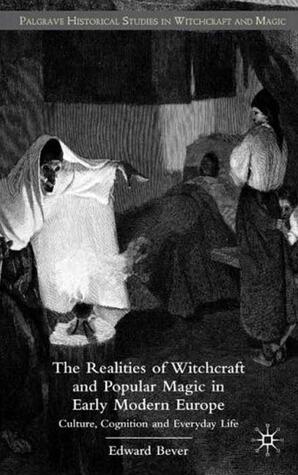
The Realities of Witchcraft and Popular Magic in Early Modern Europe: Culture, Cognition and Everyday Life
door
Edward Bever
Nog geen beoordelingen
Fantasy
Formaat
Hardcover
Pagina's
649
Taal
Engels
Gepubliceerd
Jun 11, 2008
Uitgever
Palgrave Macmillan
ISBN-10
1403997810
ISBN-13
9781403997814
Beschrijving
Edward Bever delves into the intricate tapestry of early modern European society, where witchcraft and popular magic were not merely superstitions but integral aspects of daily life. He examines the interplay between cultural beliefs and cognitive processes, illustrating how these elements shaped the experiences and perceptions of individuals during this tumultuous period.
Through meticulous research, Bever uncovers the nuances of how people understood and engaged with magic, offering insights into the social and psychological frameworks that underpinned their actions. He reveals the ways in which these practices influenced community dynamics and personal interactions, challenging modern perceptions of witchcraft as something purely dramatic or fantastical.
As Bever navigates the historical landscape, he highlights the rituals, beliefs, and societal structures that informed the understanding of witchcraft. The book invites readers to reconsider the complexities of belief and the lived experiences of those who practiced or fell victim to accusations of witchcraft.
Overall, this exploration offers a profound reflection on the role of magic in shaping human behavior and cultural identity, making it an essential read for those intrigued by the intersections of history, psychology, and social anthropology.
Through meticulous research, Bever uncovers the nuances of how people understood and engaged with magic, offering insights into the social and psychological frameworks that underpinned their actions. He reveals the ways in which these practices influenced community dynamics and personal interactions, challenging modern perceptions of witchcraft as something purely dramatic or fantastical.
As Bever navigates the historical landscape, he highlights the rituals, beliefs, and societal structures that informed the understanding of witchcraft. The book invites readers to reconsider the complexities of belief and the lived experiences of those who practiced or fell victim to accusations of witchcraft.
Overall, this exploration offers a profound reflection on the role of magic in shaping human behavior and cultural identity, making it an essential read for those intrigued by the intersections of history, psychology, and social anthropology.
Recensies
Nog geen beoordelingen
Wees de eerste om dit boek te recenseren en deel je gedachten
Voeg Eerste Recensie ToeLeeslogboek
Geen leeslogboeken gevonden
Begin met het volgen van je leesvoortgang om logboeken hier te zien
Voeg je eerste leeslogboek toeNotities
Geen notities gevonden
Begin met het toevoegen van notities om ze hier te zien
Voeg je eerste notitie toeTransactielogboek
Geen transactielogboeken gevonden
Begin met het volgen van je boektransacties om logboeken hier te zien
Voeg je eerste transactielogboek toe
